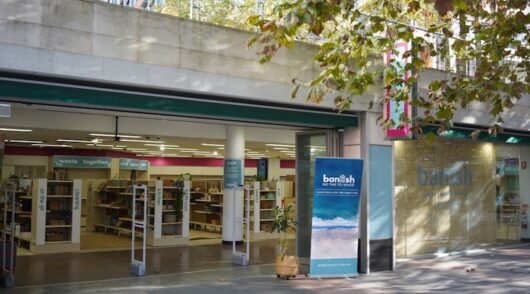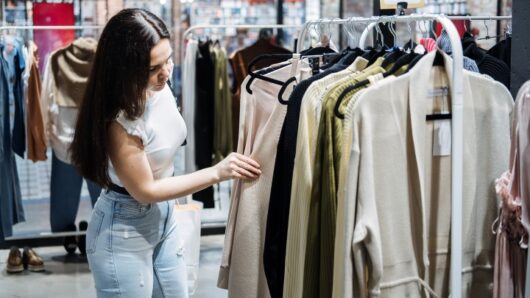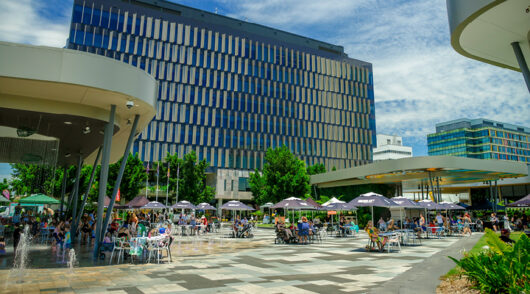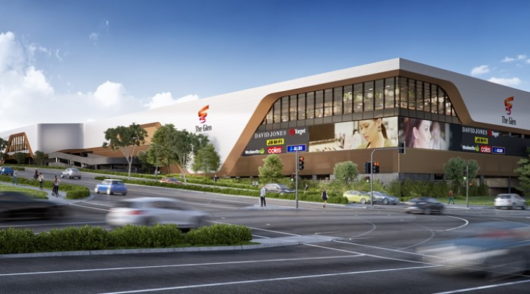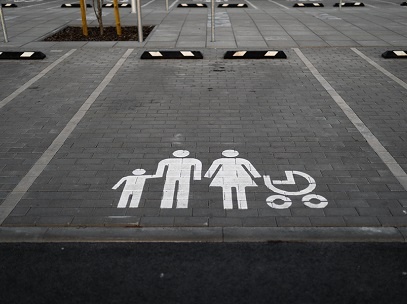
A survey of 14,000 consumers by UBS Evidence Lab has revealed that Australian shopping centres are in a riskier position than malls in other parts in the Asia-Pacific region.
Not only are Australian consumers shopping less frequently at malls and department stores than consumers in other regions, they also place more value on less-profitable parts of the shopping centre, such as car parks.
According to the UBS survey, the frequency of mall visits in Australia dropped 15 per cent and the frequency of department store visits dropped 13 per cent in 2018 from the previous year. This was the biggest dip in the APAC region. South Korea, Vietnam and Taiwan, on the other hand, all saw double digit increases.
UBS analysts pointed out that Australian consumers are unique in that they want better car parking options at malls, rather than new services, dining precincts or international brands. This is problematic for shopping centre owners, since parking generates a minimal return on capex.
Indeed, mall operators have been more focused on shifting the tenancy mix towards dining and services to drive foot traffic and therefore sales and rent, with carpark ratios to GLA (gross leasable area) unchanged over the past four years, according to UBS.
Despite this investment, however, Australians are not dining as frequently at malls as others in the APAC region. Shopping centre owners, including Scentre Group, GPT, Vicinity Centrs and Mirvac, have also seen their comparable annual sales in food and dining decline in line with retail sales over the past four quarters.
One area where UBS analysts think Australian shopping centre owners have an opportunity is in the retail space they will soon be getting back from the likes of Big W, which has announced plans to close approximately 30 stores over the next three years, and Myer, which has said it will be handing back floors to landlords over the coming years.
UBS analysts believe landlords may see a short-term loss of rent from Myer’s exit, but that they ultimately will be able to backfill the space to improve foot traffic, sales productivity and income over time.
“The configuration of space combined with expected demand from tenants suggests space would most likely be backfilled by supermarkets, DDS (discount department stores), mini majors and alternate space users (co-working office space, leisure, car retailers),” UBS said in its report.

